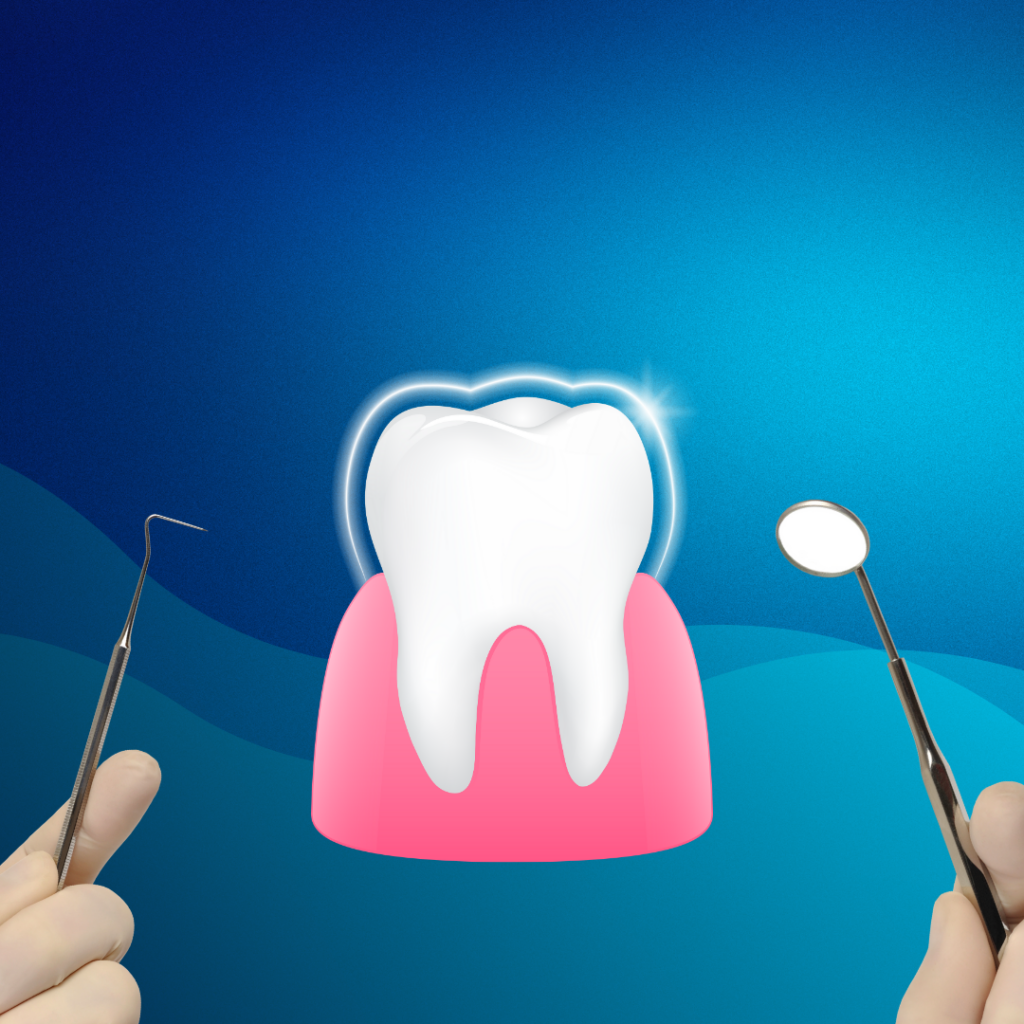Regrowing Teeth: A Dental Revolution on the Horizon

Our understanding of dental biology and development might soon change in a spectacular way. Imagine if, instead of growing only two sets of teeth in a lifetime, it were possible to sprout a third set, akin to a mythical dental phoenix rising from the ashes. This could soon be reality thanks to groundbreaking research led by the Medical Research Institute Kitano Hospital in Osaka, Japan. This pioneering team of scientists is developing a drug that could potentially enable the regrowth of teeth.
Tooth anomalies at birth, such as anodontia—a complete absence of teeth—affect about one per cent of people worldwide. These conditions often appear in conjunction with other genetic conditions, such as ectodermal dysplasia, which affect the hair, nails, teeth, skin and glands. Current treatments primarily involve dentures and dental implants, but a drug that stimulates teeth regrowth would be a world first.
Individuals suffering from congenital toothlessness, or edentulism, often struggle with basic functions like chewing, swallowing, and speaking from a young age. This can significantly impede their development. The new research aims to bring a therapeutic drug to these patients, who lack a full set of adult teeth due to congenital factors. This could profoundly change their lives, offering them the chance to grow their own natural teeth.
Dr. Katsu Takahashi, head of the dentistry and oral surgery department at the Medical Research Institute Kitano Hospital, has dedicated much of his professional life to this revolutionary endeavor, having worked on the concept since his early days as a graduate student in the 90s. “The idea of growing new teeth is every dentist’s dream,” he said in an interview with Japanese journal The Mainichi. “I am confident we will be able to make it happen.”
The project, backed by the Japan Agency for Medical Research and Development (AMED), involves more than ten medical institutions and research institutes nationwide. The researchers hope to illuminate the mechanisms of congenital anodontia and contribute to the development of a cure.
In a major breakthrough, the research team was able to stimulate the growth of “third-generation” teeth in animal models. They achieved this by targeting a gene called USAG-1, which was found to limit tooth growth in mice. By developing a neutralising antibody medicine that blocks the action of USAG-1, they induced tooth regrowth in mice and ferrets. This discovery, published in the scientific journal Nature in 2021, has drawn attention from the global scientific community.
The potential benefits of a tooth-regrowth drug are enormous. It would provide a revolutionary alternative for individuals who have lost their teeth due to severe cavities, dental diseases, or accidents. It could also present a valuable third option alongside dentures and implants, offering individuals the opportunity to regain their natural teeth.
With clinical trials scheduled to begin in July next year, the researchers hope the drug will be available for dentists to use by 2030. The focus will be on treating children aged 2 to 6 who show signs of anodontia. “We hope to pave the way for the medicine’s clinical use,” Dr. Takahashi noted.
The possibility of growing a third set of teeth could truly transform dentistry and oral healthcare. The cutting-edge research led by Dr. Takahashi and his team is an exciting glimpse into the future, where a trip to the dentist might just result in growing new teeth rather than filling cavities or inserting implants. The dream of regrowing teeth is edging closer to reality, and the world is waiting with bated breath for what could be a significant milestone in medical history.





